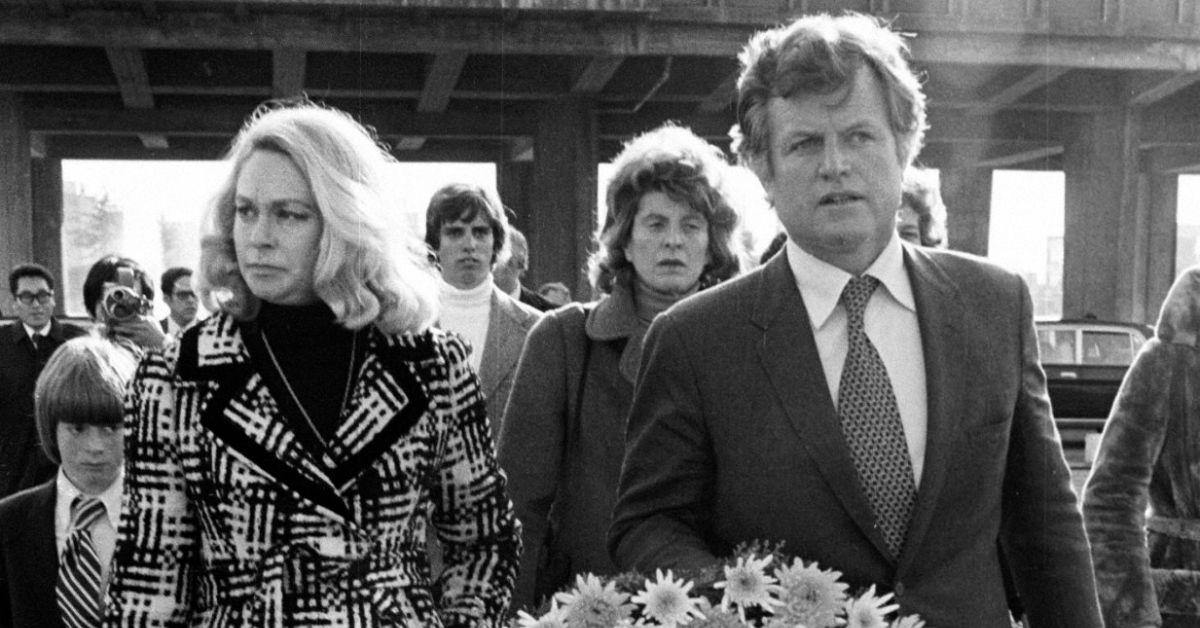Who in Congress in 2025 Is Truly a Legislator?
This isn’t a trick question. I am not asking who holds the title, who can raise the most money, or who can win a primary. I am asking who is engaged in the actual foundational work of legislating.
Legislation is a specific, wearying art. This art is a process: a member identifies a problem, works with think tanks, academics, and interest groups to create a plan and build a coalition, and directs professional staff to meticulously draft that plan into formal legislation.
What signature legislation does Senator Tom Cotton truly want to pass? What complex national problem does Senator Ted Cruz seek to solve with a new, workable law? We see a Congress full of prominent names, but few seem attached to any signature legislative ambition.
This is not Ted Kennedy’s Congress, which passed the Americans with Disabilities Act. It is not Newt Gingrich’s Congress, which—love it or hate it—was defined by a specific legislative agenda in the “Contract with America.” And it is certainly not the Congress of Representative Carl Vinson.
When Vinson looked at the world in the 1930s, he saw a rising tide of fascism and militarism. As chairman of the House Naval Affairs Committee, his response was not just to give speeches; it was to legislate. He was the principal author of the “Two-Ocean Navy Act,” a monumental bill that authorized a 70% increase in the fleet and funded the creation of the industrial capacity to build it.
It was the law that gave America the naval power to fight and win World War II.
A decade later, Vinson faced a new challenge: the dawn of the nuclear age. When the brilliant but abrasive Admiral Hyman Rickover—the “Father of the Nuclear Navy”—was twice passed over for promotion and faced mandatory retirement, the Navy’s own bureaucracy nearly killed its own future.
Vinson, the legislator, intervened. He and his colleagues in the Senate used their congressional power to pass special legislation, bypassing the retirement rules to keep Rickover on duty. Vinson then personally rammed the authorization bills through Congress to fund the first nuclear submarines and carriers.
That is what a legislator does.
They see a 30-year problem and write a 30-year solution. They protect visionaries from the bureaucracy. They build the future.
When was the last time we saw this kind of ambitious, structural legislating?
Supposedly, the last major, thought-out piece of legislation to be passed was the Dodd-Frank Act in 2010—and as many would note, “thought-out” does not necessarily mean “well thought-out.”
Today, we have a Congress focused on oversight of the executive branch rather than on legislating. Oversight is, without question, a crucial and necessary constitutional duty. But oversight has become an end in itself, rather than a means to an end.
When a congressional hearing is designed not to gather information for a new law, but to create a two-minute viral video clip for social media, it is performance, not governance.
This legislative atrophy comes at a perilous cost, because our most pressing national problems are metastasizing, and they cannot be fixed without new laws.
The regulation of artificial intelligence, for example, is not a partisan issue; it is a national security and economic one. We need a new framework to establish liability, protect data privacy, and prevent misuse by foreign adversaries. But instead of a legislator for the AI age, we have a void.
Look at our critical infrastructure. The FAA is not failing because of one administrator; it is failing because its regulatory approach needs rethinking, its technology is dangerously antiquated, and its air traffic controller workforce is stretched to the breaking point.
These are not problems an executive order can fix. They require complex, multi-year authorization and appropriations bills—the boring, essential work that only Congress can do.
Look at our national defense. The United States needs a 21st-century navy, but it also needs a 21st-century industrial capacity to build that navy. This means new laws to revitalize shipyards, secure critical supply chains, and lay out and fund a stable procurement plan. We are trying to manage a new era of global challenges with a force structured by Vinson’s generation.
Higher education reform requires new laws. The modernization of the FDA, NIH, and NSF requires new laws. The President’s tariff authority needs to be clearly redefined by new laws.
America’s problems are not solving themselves. I have ideas, as do many Americans, but is anybody in Congress interested in ideas—mine or anybody else’s?
Oversight is important. But we, the public, must start demanding more. We must ask our representatives not just what they stopped, but what they built.
Somebody must have the ambition to legislate.
We need a Congress that remembers its primary purpose.
*Comments are closed.*
http://www.ruthfullyyours.com/2025/11/16/217452/
